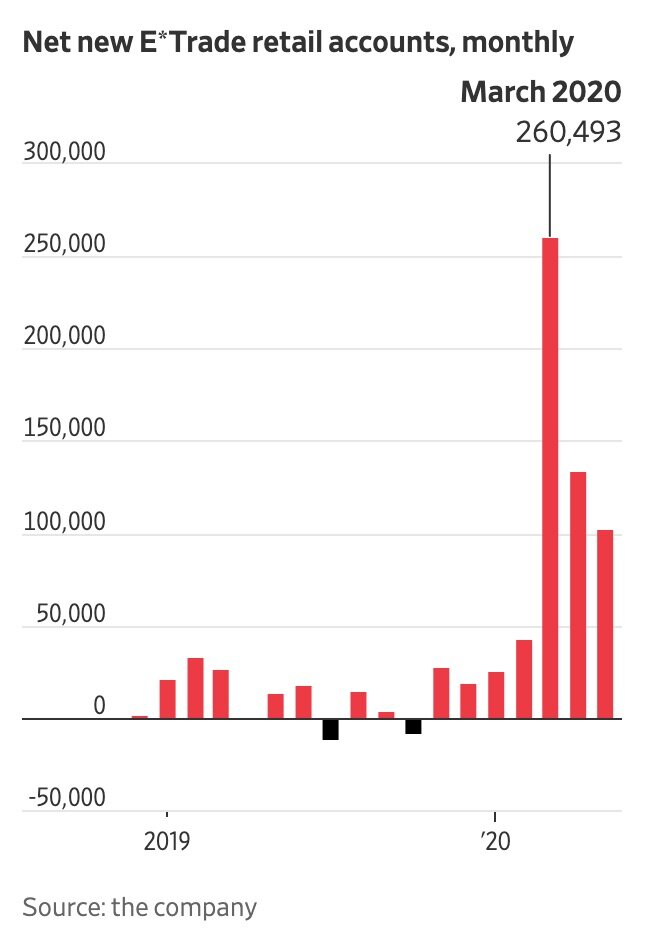
BORED GAMES: HOW COVID-19 TURNED SPORTS FANS INTO DAY TRADERS
Chris Kwak
08/09/2020
If there are further lockdowns over winter, boredom will be a major challenge for people. Chris Kwak (Senior Strategist at BBH LA) urges brands to learn from the surprising ways consumers kept themselves entertained during the first wave.
Last month, The Wall Street Journal released a study of the effects the pandemic has had on the stock market. The data was eye-opening.
In the month of March, over 260,000 new investors opened accounts at E*Trade, while Robinhood (the popular trading app amongst younger/newer investors) logged a record three million new accounts in the first quarter alone. Just take a look at the chart showing how many Robinhood users have been investing in S&P 500 stocks this year compared to last – it’s extraordinary.
This isn’t the first time the masses have swarmed to Wall Street. The so-called ‘bubble’ can be traced back to the 1700s, and many remember the dot-com craze that sent the market tumbling in the late 1990s. But, there’s a difference between the past and present: in the 90s, when the market crashed, people had other forms of stimulation and activities to keep them entertained and distracted – they could go shopping, travel, out to dinner with friends and they could watch sports. In 2020, a lot of that isn’t on the cards. We’ve already missed out on major iconic sporting moments that would have typically gotten fans’ blood racing: the Euros and the Tokyo Olympics, just to name a few.
Sure, professional sports have started to creep back into our lives but, with recent Covid-19 outbreaks in the MLB, there will be a lot of uncertainty until a vaccine is available. Additionally, with a highly condensed season in the NBA, things just aren’t the same.
What does professional sports have to do with trading stocks?
The stock market and pro sports have a lot of parallels – both give us something to root for, provide extreme joy when things go our way (and grief when they don’t) and are popular amongst those who enjoy a gamble. With sporting events out of the picture for much of 2020, we lost a bit of magic in daily life; every day began to feel the same.
So, people turned to other mediums to stay engaged – some predictable like gaming (Nielsen reports that 83% of consumers have played more video games during the pandemic) and some not so obvious, like trading stocks. And with newer trading platforms like Robinhood, which goes after a younger audience with a designed interface that feels almost gamified, investing has never been easier. But there is a big difference between investing and what’s currently happening, which is speculating.
So, amid the pandemic, many people who have never invested a dollar in their life turned to the stock market to:
1) Pass the time during boredom and isolation
2) Feel a sense of adrenaline
3) Have something to root for
4) Gain social currency to chat with friends about
What is the implication for brands?
The key takeaway from examining the stock market throughout this pandemic is that people are seeking new ways to be entertained. With the loss of sports (and life seemingly upended), many began looking for new ways to fulfil the need for surprise, excitement and fun–and the stock market provided that for them. With no prior investing experience, day-trading became a form of entertainment for many people.
Some brands have realised the appetite for new forms of engagement and adapted: Netflix recently announced a ‘Drive-In Event‘ that will bring “Stranger Things to Life” through an immersive (real-life) experience while Airbnb launched ‘Virtual Travel Experiences‘ to provide activities that those at home can do remotely.
While the pandemic has changed the landscape for nearly every industry, these examples show there’s still lots of opportunity to build meaningful connections with audiences – both online and offline. We can reassure people of our commitment and approach to creating safe environments while also offering people new and exciting ways to engage with us amid present circumstances.
Doing both successfully will be the building blocks for an iconic, enduring brand in culture.




